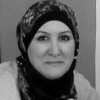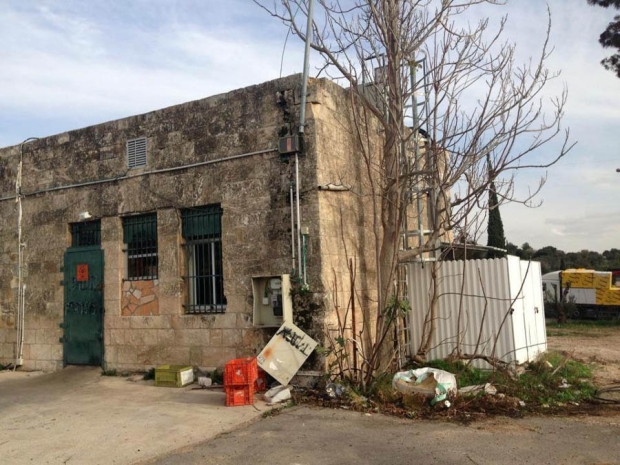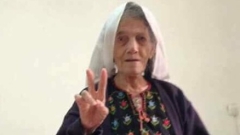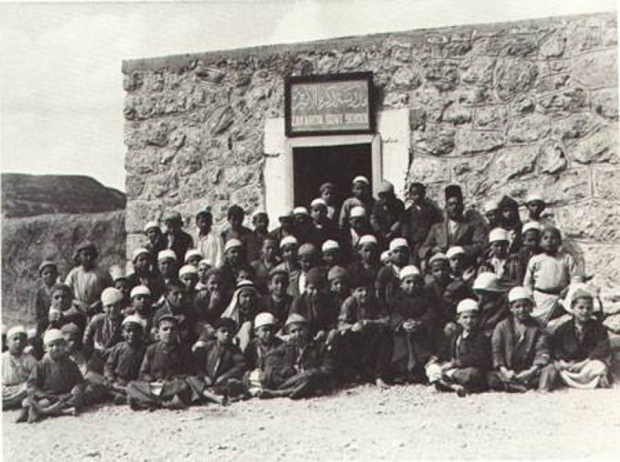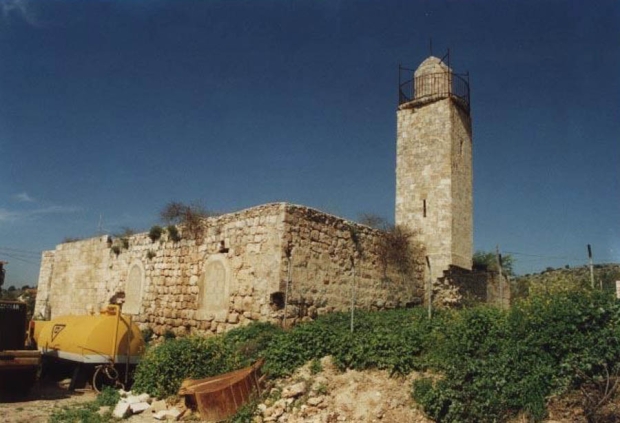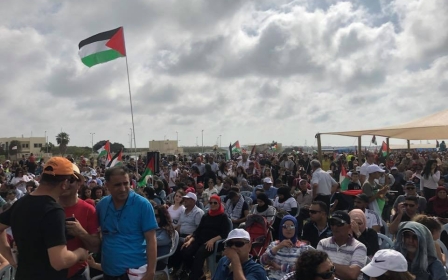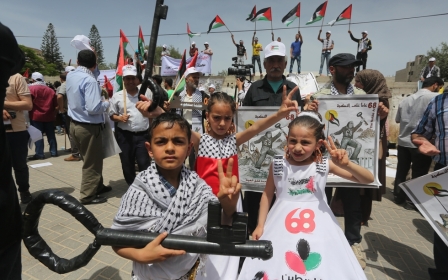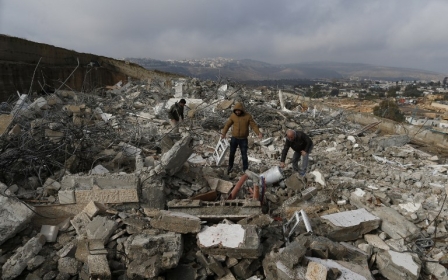Nakba's harvest of sorrow: We will be back, grandmother
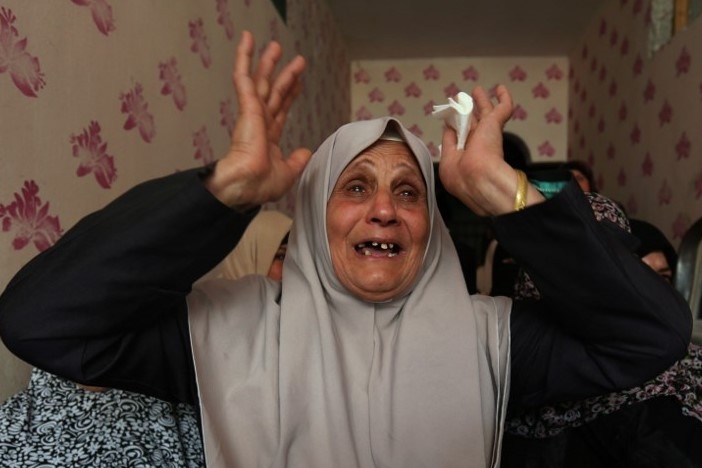
The flames of the Nakba, a massive human tragedy that resulted in the displacement of some 750,000 Palestinians and the demolition of more than 500 villages, still burn seven decades later.
Years ago, I remember taking my late grandmother to Zakaria, our old village in southern Bethlehem. Like neighbouring villages, it has been subject to Judaisation; it is now called Zekharia, just as we were turned into refugees for the sake of establishing Israel.
In 1948, my grandmother recalls fleeing the village with just a few items of clothing and a bit of food. She locked the doors and windows to prevent theft by Zionist gangs, expecting to return in a week or two. Instead, my grandmother lamented, "they would steal the house, the land and our entire life. The key still reminds me of the story.”
Memories of Zakaria
As we continued to walk through the village, my grandmother touched every tree and rock we passed. Despite other changes, the mosque and the home of the village chief still stood as testaments to the occupation.
"The men of the village used to meet here, read books and exchange magazines that they received from Egypt, and in the afternoon they would go to the house of the chief of the village to listen to the news broadcasted on the radio,” my grandmother recalled with a deep sigh.
We went on walking until we reached the school, believed to be among the first established in Palestinian villages during the last century. There, my grandmother could not restrain her tears, as she recited a long-remembered poem that she learned as a student.
Perhaps Arthur James Balfour, who served as British foreign secretary in 1917, did not think of my landowning grandmother when he decided to give Palestine - our homes, memories, mosques and schools - to the Jews, who came from all over the world to establish a national homeland on the ruins of our ancestors.
Political leaders continue to neglect this issue, considering the US to be a sponsor of peace, while in reality it is the protector of Israel’s occupation. US President Donald Trump promised to restore jobs and America’s “greatness” at the expense of hunger, siege and the deaths of women and children in Gaza.
A tragic flashback
My grandmother and I walked until we reached a tree, under which she sat and wept. In a faint voice thick with tears, she said: "I gave birth to my son, Abdul Fattah, under this tree in 1948 under Israeli bombardment, the sound of bullets, martyrs' bodies, news about massacres, children’s cries and the weeping of wailing women."
As if watching a flashback, she continued: "My baby left Palestine at the age of 17 to join the Palestine Liberation Organisation in Beirut, hoping to restore the tree that he was born under - but he never came back. We restored neither the land nor our son."
What about UN Resolution 194, which provides for the return of refugees? Wasn't my grandmother's name included? Who should implement these resolutions? Are such decisions only implementable in countries such as Iraq, Iran and Syria? Since Israel is America’s spoiled child, does this mean it need not abide by international resolutions?
My grandmother told us about the lemon tree she planted in the courtyard of her house. The year the family was displaced, the tree was expected to produce its first fruit. She told us, too, about the harvest days, and how women used to plant, care for and love their land as though it were a family member. She said that when she died, she wanted to be buried here.
From Ramla to a refugee camp
After being forced from Zakaria, my grandmother recalled how the family walked to Ramla amid the sound of bullets and the news of the deaths of their loved ones. Her own husband died while she was pregnant with their fourth baby, Ali.
She eventually moved with her family to the Dheisheh refugee camp near Bethlehem, which soon morphed from tents into small rooms. But my grandmother never forgot Zakaria, the small plot of land where she grew up, and about which she would speak at any opportunity.
Although my grandmother has since passed away, her talk about returning stays with us, imbuing us with hope. The key to her house, along with her wooden box of possessions from Zakaria, are still present. Whenever we look at the key hanging on the wall, we say: "We will be back, God willing, we will be back." However, the question remains when, and how?
With all the passivity, defeatism and destruction the Arab nation has witnessed, and with a quarter of a century passing since the Oslo Accords, we own neither an inch of our old land, nor a single olive tree. When will we return, grandmother?
Amid this backdrop, the Israeli occupation continues to embellish its image before the world, promoting itself and its occupation. It is building more settlements and erecting more barriers for Palestinians to move freely in their land. When will we return, grandmother?
- Dr Inas Abbad is a political science researcher and lecturer and a political activist from East Jerusalem.
The views expressed in this article belong to the author and do not necessarily reflect the editorial policy of Middle East Eye.
Photo: A woman mourns the death of Mohammed Dwedar, a 27 year-old Palestinian killed during clashes along the Gaza border the previous day, in Nusseirat refugee camp in the Gaza Strip on 15 May, 2018 (AFP)
New MEE newsletter: Jerusalem Dispatch
Sign up to get the latest insights and analysis on Israel-Palestine, alongside Turkey Unpacked and other MEE newsletters
Middle East Eye delivers independent and unrivalled coverage and analysis of the Middle East, North Africa and beyond. To learn more about republishing this content and the associated fees, please fill out this form. More about MEE can be found here.


